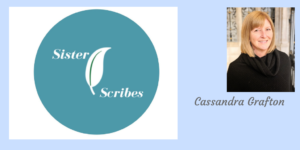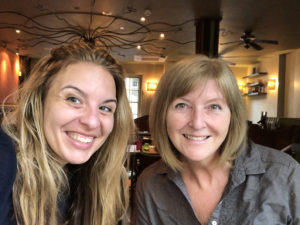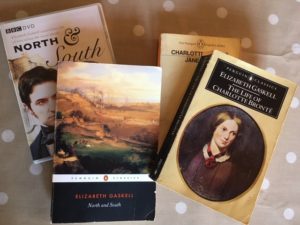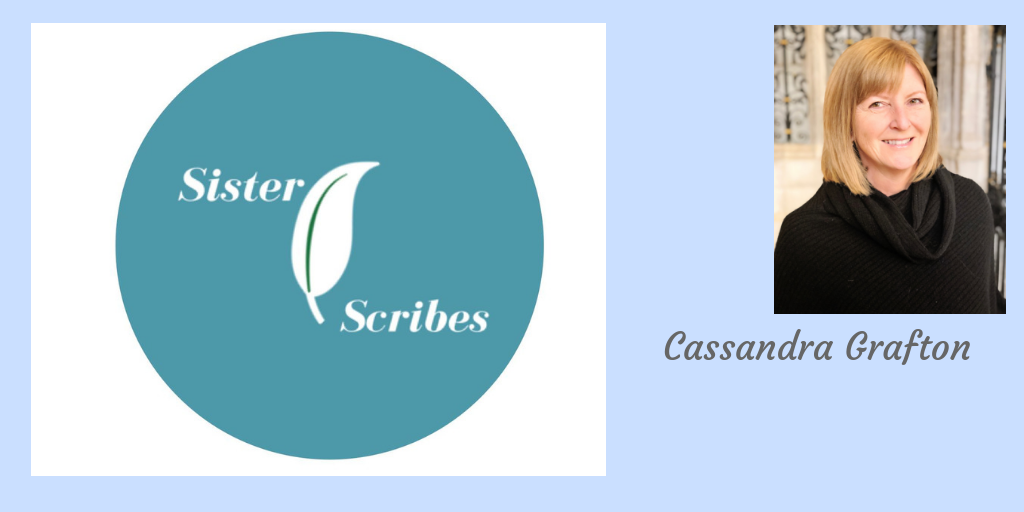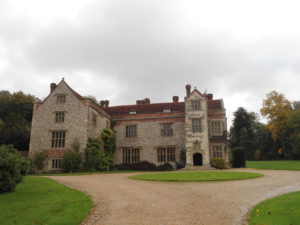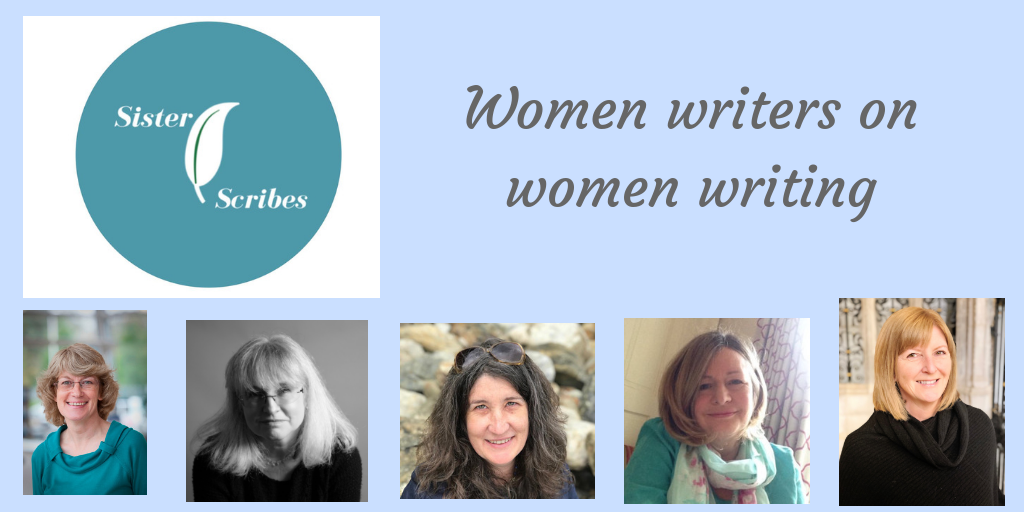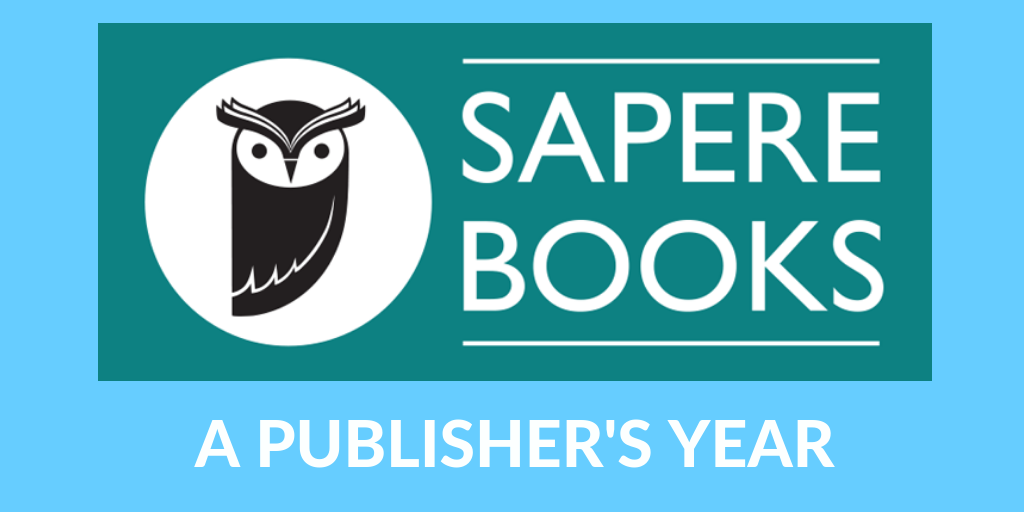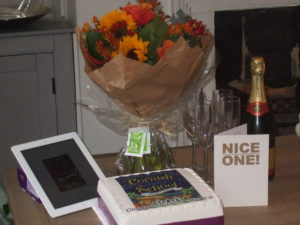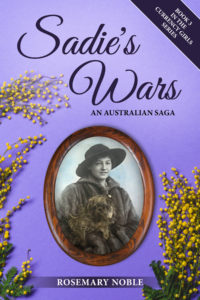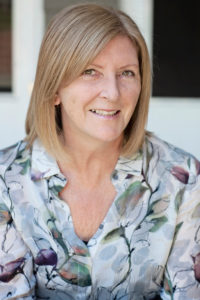I’m delighted to welcome author, Gaby Malcolm as our guest! She’s an inspiration to me, and here she’s sharing her thoughts on juggling being a writer with home life!
When I was asked if I would contribute a guest post I was very eager. When I thought about it for a bit I became less eager, and then plagued with doubts, and then I realised I was running out of time, and then I thought ‘commit something to paper, Gaby, get on with it,’ and then I put the kettle on, and then the cat distracted me, and then I woke up at four o’clock in the morning, and then there was a really interesting item on Woman’s Hour (Jenni Murray is SUCH a good interviewer!), and then …. and then ….
This will be a very skittish and disjointed piece, therefore. Forgive me.
See what I did there? Classic. I call it the ‘Visitor from Porlock’ effect. That’s when you explain how you would have done a lot more, only you were interrupted and you lost your flow, but it was going to be utterly brilliant. Thanks, Coleridge!
There is also the ‘Shakespeare In Love’ Syndrome. That’s when writers depict to the rest of the world how the work just flows from their pen as they sit in their little room, once inspiration strikes. That inspiration does not have to involve sex with Gwyneth Paltrow disguised as a boy. Fortunately, or unfortunately, depending on how you look at it.
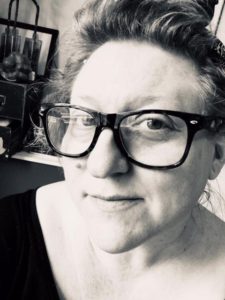 It’s great when writers portray their process as something strange, easy, or magical.
It’s great when writers portray their process as something strange, easy, or magical.
As a tutor of writing students one of my main jobs is to debunk all these myths about the process. Budding writers sometimes believe they have failed at it if they can’t create a perfect, clean manuscript with the first draft. They think they lack the skills to write if it doesn’t just flow out. LOL is all I have to add to that.
The day I knew I could be a writer was the day I found out I realised I loved re-writes and editing. It’s just the best. I love composition, but when I get to re-writing my brilliant prose, I am happier than a pig in poop! It took me a while. For years I had an academic teaching and writing career. I wrote my PhD thesis during that time and it was then I understood the sheer level of effort and time it took to produce 80-90,000 words. When it was all over, however, I missed it something terrible!
When my life changed, personally and professionally, and the time came to try and reinvent myself, writing was the logical choice. I set myself goals to establish a proper career plan. I aimed to get a full-length book published and find an agent within the first four years, that would see my littlest boy ready to go to school. However, I achieved it within the first two years. A book rapidly followed by representation.
So, I had to juggle and do as much as I could with the children in childcare or at school. That has shaped the kind of writer I have become, needs must. I hit the ground running by 9.15am, once I have the house to myself and work through until 3pm. In that way I have conquered any lack of confidence I had, and developed a ‘get it done’, finisher attitude. I have also grown a really thick skin! I ignore anything other than constructive criticism and have come to admire my own work. Hence, the ‘brilliant prose’ comment above. I like to read me.
Gabrielle Malcolm is a freelance writer and artist. She edited ‘Fan Phenomena: Jane Austen’ (Intellect Books), wrote three plays for Moon On A Stick children’s theatre company, and writes scripts for web series and short films for international clients. Her forthcoming non-fiction book, about Mr Darcy, is due for publication in December 2019 with Endeavour Quill.

